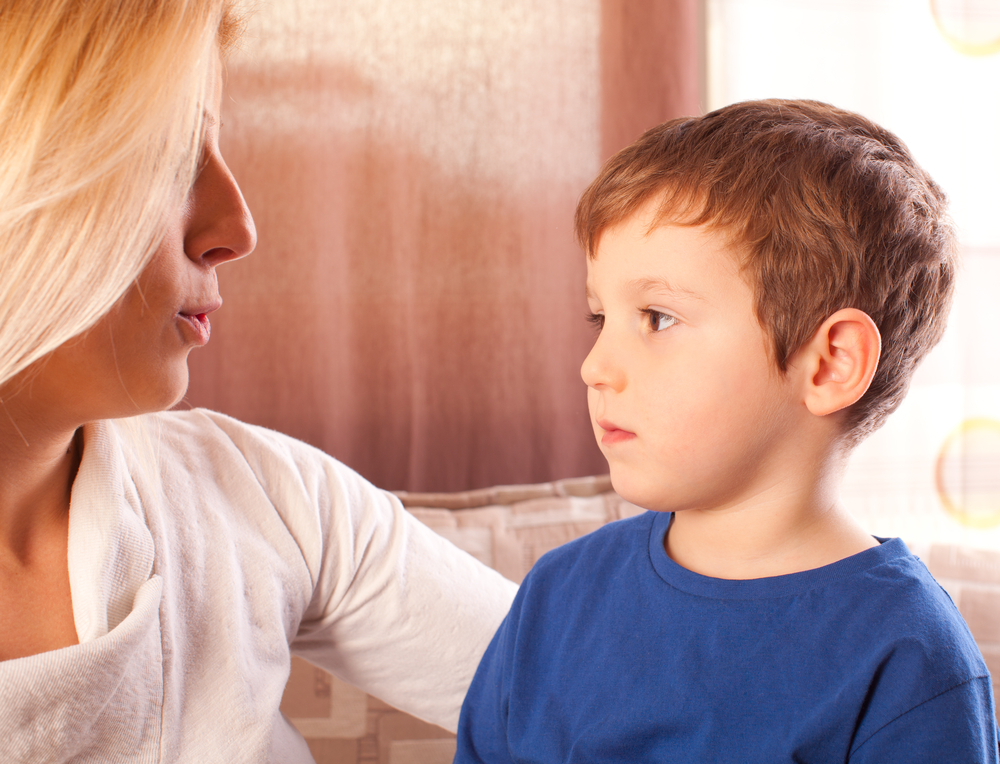
Child abuse is a difficult, complex, and frequently studied subject. Its prevalence in society is disturbing; in 2014, the National Children’s Alliance estimates that 704,000 American children suffered some form of abuse.
Child abuse may be physical, sexual, emotional, or come from neglect. Often these abuses occur together, or may cross several categories. All abuse can profoundly affect children when they become adults: it changes how they process love, how they deal with social problems, and how they view themselves and the world.
Today we’re going to look at some of the most clearly identifiable effects. They can vary depending on a child’s external support network, the type and severity of abuse, and the age the abuse occurred. This list is by no means comprehensive.
Physical Effects
If a baby is shaken in anger by a caretaker, the resulting brain damage causes shaken baby syndrome. Survivors can experience cognitive impairment into adulthood. Similar injuries can be caused by striking or repeated physical assault in older children.
There is also a correlation between abuse and overall physical health, including obesity, liver disease, and heart problems. This may be due to neglect by a parent, lack of knowledge, or poor self-esteem.
Psychological/Social Effects
Because so much abuse comes from a parent – nearly 80% – it distorts the sense of love, safety and protection that parents are supposed to provide. This twisted relationship sets a poor example for children, affecting future relationships both romantic and platonic. Children may seek out chaotic relationships or tolerate abuse from partners.
Child abuse sufferers also suffer from increased risk of depression, anxiety, and self-harm.
Behavioral Effects
Abused children are more likely to be abusers themselves. This is because childhood trauma can normalize the behavior, leading to a vicious cycle. They are more likely to have anger problems, which increases the risk of truancy and juvenile delinquency in adolescence.
Some behavioral effects are internalized. Victims frequently turn to drugs or alcohol to cope, exacerbating other behavioral problems.
Treatment
If you were a victim of child abuse, it was not your fault, and there is hope. Cognitive behavioral and talk therapy can help you process your experiences and identify any harmful or unwanted behaviors. Group therapy is often helpful to help you feel less alone.
You deserve to overcome your past experiences. If you’re ready to get started, contact 3-C Family Services today. We would love to help.



